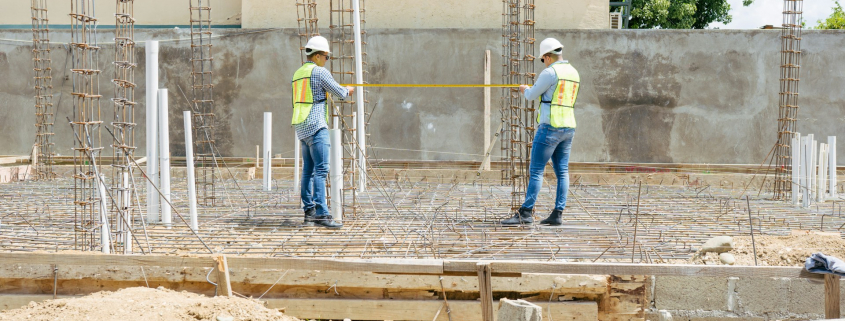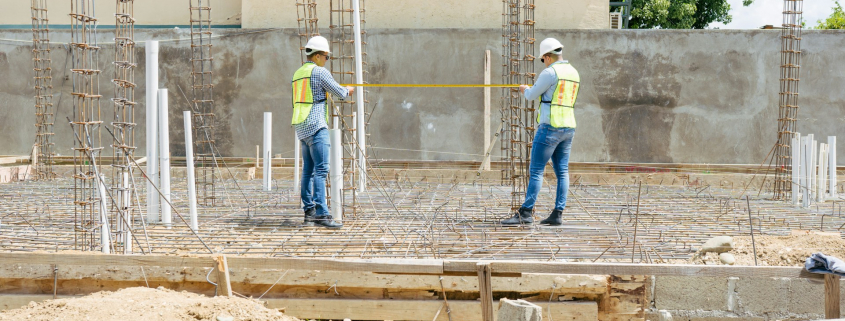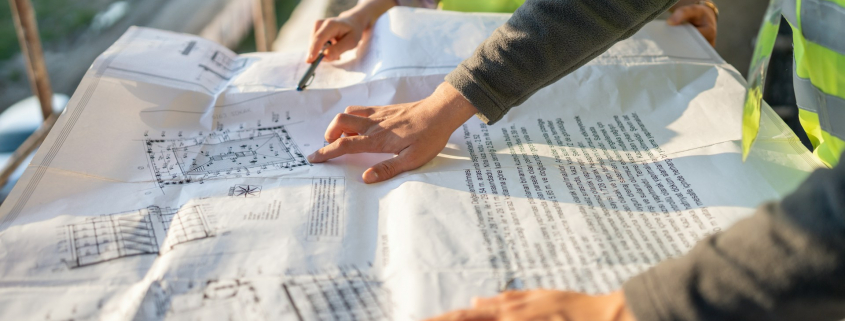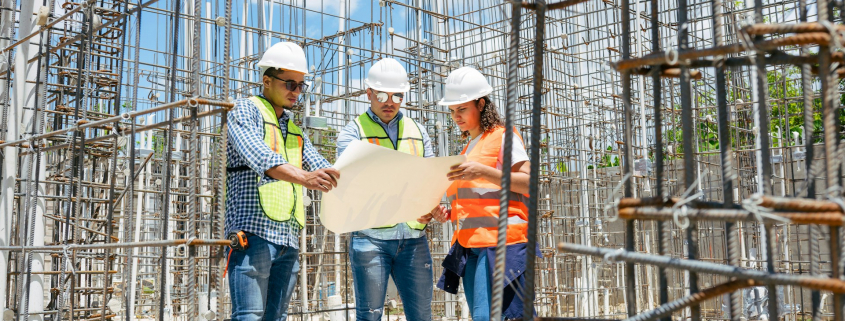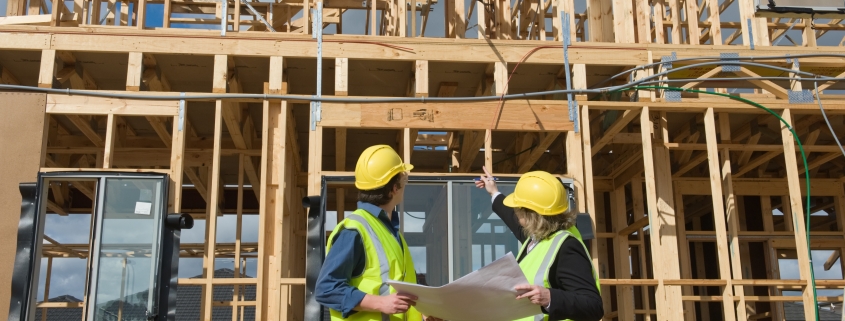Regular site inspections play a vital role in ensuring construction projects run smoothly and safely. They’re much like a routine check-up, making sure everything is working as it should. By keeping an eye on the site, potential hazards can be spotted before they cause harm, and quality can be maintained at the highest standard.
During these inspections, inspectors look carefully at every detail. They check that all building standards are met and that the project complies with local laws. These measures help avoid accidents and keep workers safe. When errors are found early, they can be corrected quickly, preventing bigger issues later.
In addition to safety and quality, inspections also help with efficiency. With regular checks, the project can stay on schedule and within budget. Clear communication during inspections ensures everyone understands what needs to be done. This proactive approach saves time and reduces costs, leading to a successful construction experience. Regular site inspections aren’t just a regulatory necessity; they are an essential part of building well and avoiding problems down the line.
Ensuring Workplace Safety
Workplace safety is a top priority on any construction site. Regular site inspections play a crucial role in identifying potential hazards. These hazards can range from loose scaffolding to exposed wiring. By routinely looking at the site through inspections, these dangers can be spotted and addressed promptly, ensuring everyone remains safe. When hazards are identified early, they can be fixed before they pose a real threat to workers.
Preventing accidents and injuries is not just about identifying hazards but also taking steps to avoid them. This includes checking if safety protocols are being followed and if workers are wearing the necessary protective gear. Inspections ensure that safety signs are in place and that all employees understand the rules. It’s important to maintain clear walkways, secure ladders, and ensure proper use and storage of tools and materials.
For effective safety measures, consider the following:
– Inspect equipment regularly for wear and tear.
– Check for slip and trip hazards on the ground.
– Ensure proper lighting and signage around the site.
By incorporating these practices, the risk of accidents is significantly reduced, leading to a safer working environment. Regular inspections protect not just the workforce but the overall progress of the project.
Maintaining Construction Quality
Construction quality is essential to a successful project, and regular inspections help maintain this standard. Meeting standards isn’t optional; it’s a requirement. Every building must adhere to specific guidelines that ensure structures are safe and long-lasting. During site inspections, inspectors review the work against these benchmarks. They examine materials, techniques, and installation processes, verifying that everything meets the set criteria.
Spotting and correcting errors early is a smart way to keep projects on track. Mistakes may occur during construction, but finding them quickly means they can be fixed with minimal disruption. For example, misaligned walls or incorrectly installed systems can lead to major problems later. Regular checks allow these issues to be resolved before they escalate.
Key strategies to maintain quality include:
– Verifying that all materials match specifications.
– Checking the compliance of construction techniques.
– Documenting findings and ensuring corrective actions are taken.
By emphasising quality through regular inspections, construction teams can deliver reliable buildings that stand the test of time. The commitment to high standards builds trust with clients and ensures the project ends successfully, fulfilling all its objectives.
Compliance with Regulations
Following regulations is an essential part of any construction project. These rules make sure that buildings are safe and built correctly. Local building laws may vary, which means keeping up-to-date with these rules is vital. Regular site inspections help ensure compliance with the required standards. Ignoring these regulations can lead to fines, delays, or even having to redo some work.
Having a checklist for regulatory compliance is useful. Make sure permits are in place and everything meets local guidelines. An organised approach to managing paperwork and permits saves time and avoids unnecessary complications. Preparing well for official inspections ensures that the project runs smoothly and passes without any issues. When all regulations are followed, safety is higher, and there is less likelihood of facing legal problems.
Inspections also help identify opportunities for improvement. They offer a chance to address areas that might not fully meet the expected standards. By maintaining high compliance levels, the project moves forward at a steady pace and stays within budget.
Boosting Project Efficiency
Efficiency is about doing things in the best possible way to save time and money. Regular inspections can boost efficiency by improving processes on-site. They ensure everything is running as intended and help identify any slow-downs. When workers understand their tasks and how to do them efficiently, the project is more likely to stay on schedule.
Streamlining communication is another important part. Clear communication avoids misunderstandings and errors. When everyone knows their role and has all the information they need, the project runs more smoothly. Regular meetings and updates during inspections can keep everyone on track.
Using local resources smartly reduces costs. It saves on transportation and materials, making the whole process more efficient. By focusing on efficiency through inspections, projects finish on time and within budget, leading to successful outcomes. Paying attention to efficiency helps avoid unnecessary delays, making the entire building experience better for everyone.
Conclusion
Regular site inspections are a key component in ensuring the success of any construction project. They provide valuable insights into the safety, quality, and efficiency of the build. By identifying potential hazards early and checking that standards are met, inspections play a vital role in keeping the site safe and the work on track. This proactive approach not only reduces risks but also enhances the overall quality of the project.
Focusing on inspections helps achieve compliance with local laws, preventing legal issues and unnecessary delays. By doing so, it confirms that the building process is smooth and well-organised. Efficiency is maximised through effective communication and the strategic use of resources, ensuring deadlines and budgets are maintained.
For those looking to ensure their construction projects are safe, high-quality, and efficient, regular inspections are indispensable. If you’re planning a construction project and want to ensure it meets all the necessary standards while maximising efficiency, reach out to Greg Clark Building. With over 40 years of being a trusted building construction contractor on the Far North Coast, our team is ready to support your project every step of the way to ensure its success.

